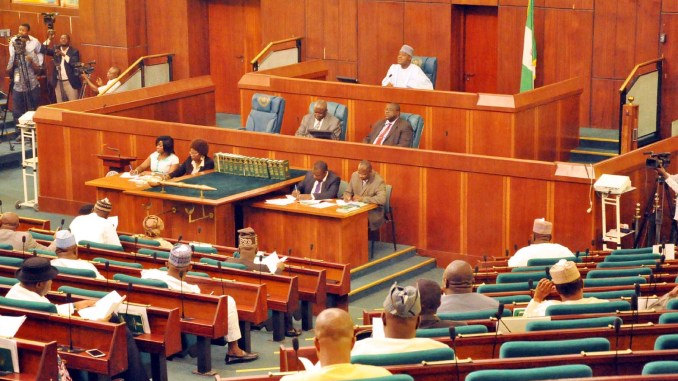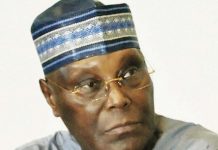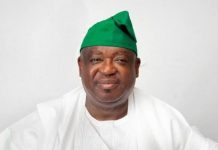The lower chamber of the National Assembly in Nigeria, known as the House of Representatives, is set to pass a bill aimed at regulating the operations of non-governmental organisations, NGOs.
The proponents of the bill define NGOs and CSOs (Civil Society Organizations) as voluntary organisations that are registered to partner government at all levels to fill gaps wherever they exist. The proponents argue that since these bodies are supposed to be partners in progress with the government, there is need for the legislature to establish a commission to guide their operations.
But as the bill hit the floor of the chamber, some Nigerians, including the former chairman of the National Human Rights Commission, Chidi Odinkalu, criticised it and described it as unnecessary. Such critics say there are already existing laws that need to be implemented to achieve the desired end. Some of them believe that the bill was designed to muscle NGOs and CSOs.
However, the Deputy Majority Leader of the House, Umar Jibril, has defended the decision of the lawmakers to pass the new NGO bill. In a statement, Mr. Jibril made it clear that religious organisations, churches, mosques, Esusu and Market Women Associations will not be affected by the proposed bill.
The lawmaker pointed out that to enable them to carry out their activities, the NGOs and CSOs solicit for funds from all over the world and collect billions of naira on behalf of Nigerians. They also recruit expatriates to help them run their activities in the country with lots of abuses. He declared that there is clear evidence to show that some people registered NGOs, solicited for funds, collected the money and disappeared as was the case recently in the North-East zone. He also stated that some NGOs are being used to fund the activities of terrorist and insurgents in the country.
According to him, the NGOs bill is primarily meant to set up a commission to regulate their activities and provide a platform for robust relationships between them and the government in the interest of Nigerians. In addition, it is to ensure transparency and accountability in the way and manner the NGOs collect and spend money on behalf of Nigerians.
Mr. Jibril described the National Assembly as an institution governed by rules and traditions. He advised those opposed to the bill to attend the public hearing on it and present their views like other interested Nigerians and allow the standing committee to do justice to the bill.
According to him, using cheap propaganda and blackmail or calling on world bodies, including the United Nations, to help in withdrawing the bill from the National Assembly will not help work.


















